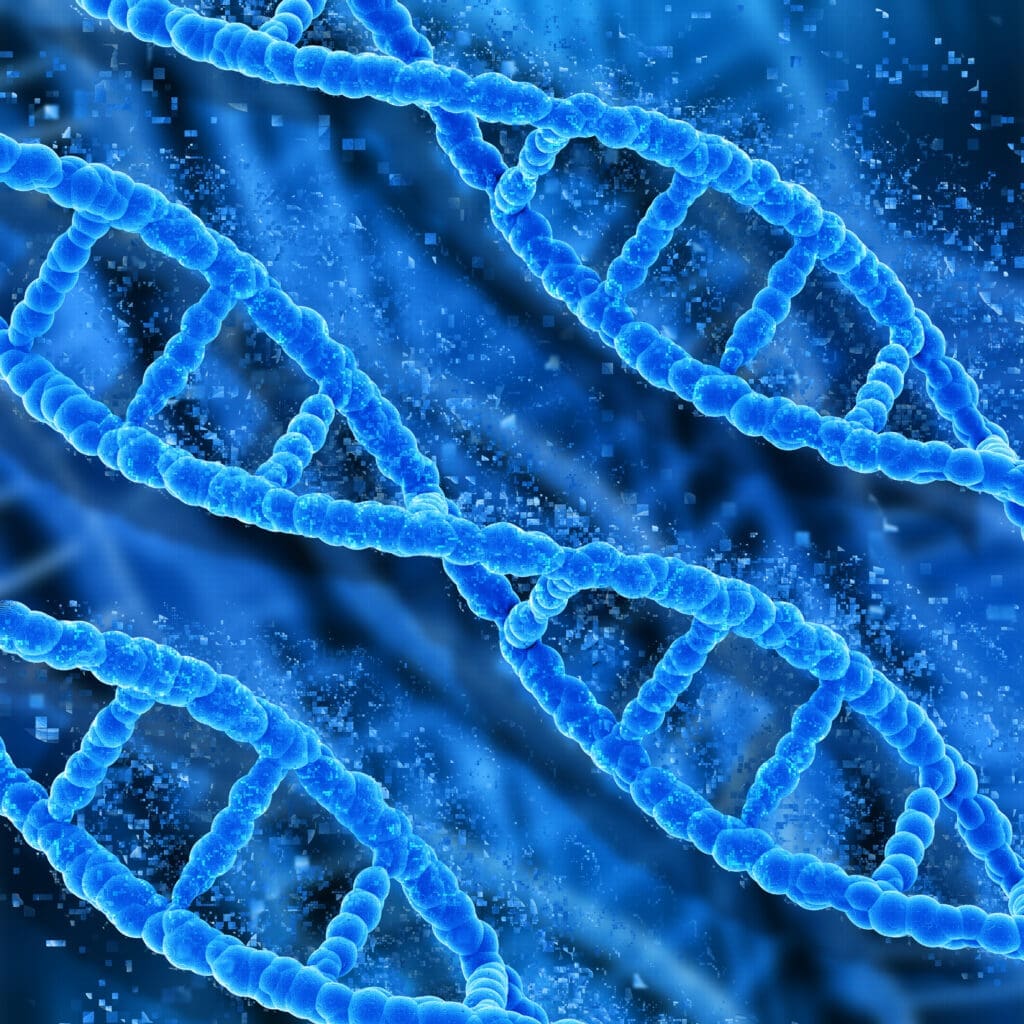New proteins could revolutionize treatment of cancer and neurological disorders
Scientists at the University of Geneva have discovered two proteins that play a central role in the regulation of gene expression. The study shows how these proteins control chromatin remodeling and could thus provide the basis for new, more effective and less toxic therapies against cancer and neurodevelopmental disorders.
Gene expression, the process by which the DNA sequence is read, is crucial for cell function. Errors in this mechanism can lead to the wrong sections of the genome being activated, triggering diseases such as skin cancer or neurological disorders such as autism. Human DNA, with over 20,000 genes, is highly compacted in the cell nucleus by chromatin, making it inactive and unreadable. Special proteins specifically open certain DNA regions in order to read the genetic instructions at the right time and in the right place. Malfunctions in this epigenetic process can disrupt cell identity and promote abnormal growth or neurological problems.

The researchers identified the proteins MLF2 and RBM15 as key regulators of chromatin remodeling. Using the CRISPR-Cas9 screening method, a precise gene editing tool, they analyzed over 20,000 genes to confirm the role of these two proteins. The results suggest that MLF2 and RBM15 are promising therapeutic targets for diseases associated with disrupted chromatin remodeling. Compared to existing treatments, therapies targeting these proteins may be less toxic.
The next step in the research will investigate whether MLF2 and RBM15 can kill cancer cells or inhibit their growth. In the long term, the aim is to develop molecules that correct malfunctions in chromatin restructuring. This discovery marks an important advance in the study of diseases caused by disrupted gene expression and could accelerate the development of new treatment approaches.
Original Paper:
CRISPR screen decodes SWI/SNF chromatin remodeling complex assembly | Nature Communications
The articles in the news section are produced by X-Press journalist office
Gender note. The personal designations used in this text always refer equally to female, male and diverse persons. Double/triple references and gendered designations are avoided in favor of better readability.




